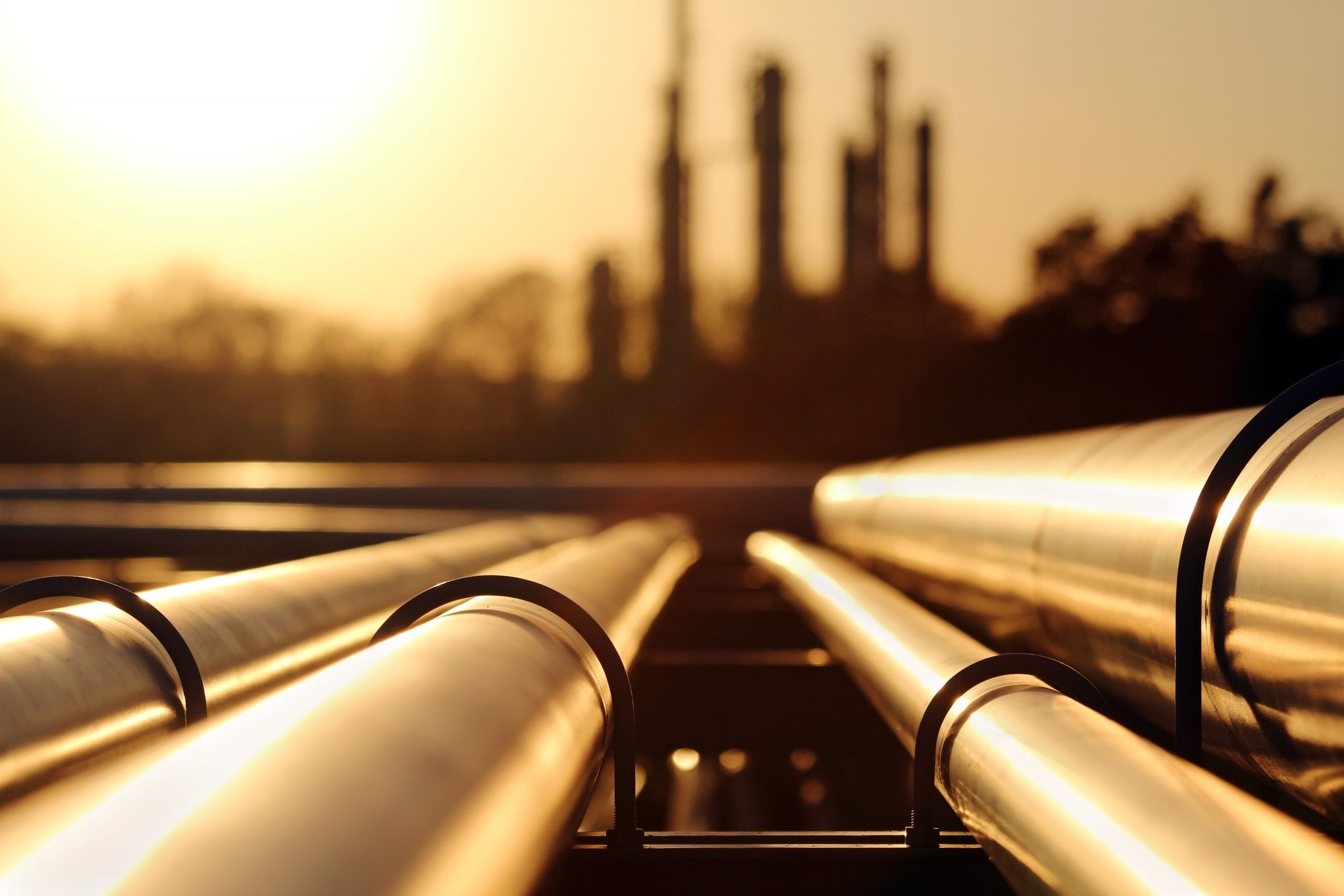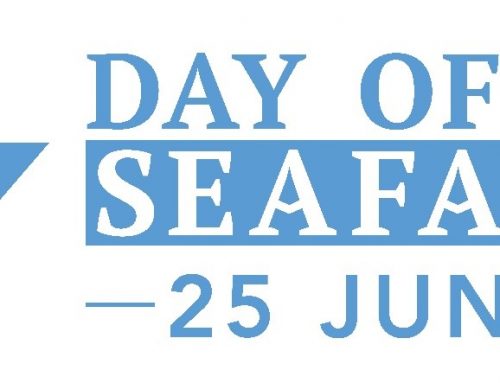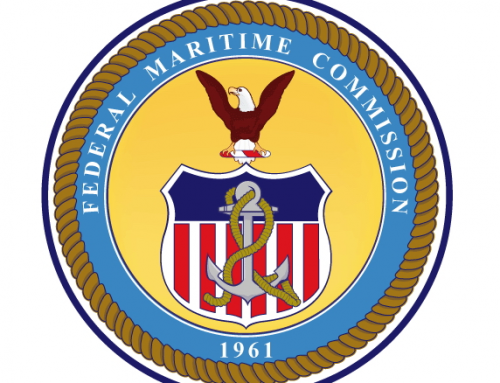The oil-rig environment, which houses workers inside more than a thousand offshore drilling rigs and oil production platforms off the Coast of Mexico is designed for efficiency. However, according to Reuters, the industry is finding it less effective at keeping the coronavirus pandemic at bay. “There’s no way to do social distancing on a rig,” said Tim Tarpley, vice president of the Petroleum Equipment and Services Association (“PESA”).
These ineffective worksite conditions have led to concerns about the safety of the sites and the nation’s dependence on their output. Oil wells in the U.S. Gulf of Mexico supply about 2 million barrels of crude a day, or 15% of U.S. production.
Similar coronavirus concerns are affecting other energy businesses that rely on employees living in cramped onsite conditions, such as in oil worker camps in North Dakota and on Alaska’s North Slope, as well as in aluminum smelters in Canada and copper mines in the Chilean desert. Of course, there have been notable outbreaks in close quarters within other industries as well, including the naval aircraft carrier USS Roosevelt and multiple cruise ships around the world.
Safely extracting, processing, and transporting oil globally during the coronavirus pandemic is just the latest challenge faced by the industry. Oil prices have crashed as Russia and Saudi Arabia engage in a price war, even as the coronavirus pandemic has caused demand to plummet. In response, offshore operators have intensified screening and cleaning standards, lengthened job assignments and subjected workers to isolation periods. Some officials have gamed out hypothetical scenarios, which include shutting down all rig operations if the pandemic continues to spread.
There have been at least 23 positive coronavirus cases tied to offshore oil and gas facilities, according to the National Ocean Industries Association (“NOIA”). This steep increase coincides with a rapid rise in cases in Louisiana, the home for many Gulf oil operations and offshore workers.
Interior Secretary David Bernhardt told industry representatives in a conference call on Friday, April 10, that the focus is staying “fully operational”, according to two people familiar with the discussion. Bernhardt also said he was deploying Interior’s top offshore drilling regulator, Scott Angelle, to Louisiana, in an effort to keep Outer Continental Shelf oil operations running and ensure a nimble agency response. However, the coronavirus has already interrupted some activities. Drilling operations were suspended temporarily after two employees tested positive on the Chevron-operated Big Dog platform in the Gulf of Mexico. The Interior Department’s Bureau of Safety and Environmental Enforcement (“BSEE”), which polices offshore drilling, has had three of its own employees test positive, as well.
“The health and safety of the public, operators and our employees is our number one priority,” said Interior spokesman Nick Goodwin. “We continue to take numerous proactive measures.”
Jeremy Thigpen, the CEO of Transocean Ltd., the world’s biggest owner of deepwater oil drilling rigs, acted proactively by instituting restrictions, such as temperature checks and other health screenings at heliports around the globe, before any workers fly out to its 30 contracted rigs in nine countries. “With travel restrictions changing daily, with flight cancellations happening every minute,” Thigpen noted that there are major “challenges associated with changing out crews and delivering supplies to these operations,” Thigpen said during a March 31webinar hosted by Evercore ISI. “Cycling these people out every three weeks in that environment is an unbelievable challenge, which we’ve managed well [so far].”
Although oil companies and drilling contractors already have protocols in place for dealing with the on-board spread of flu and gastrointestinal ailments, they now are developing a slate of “voluntary” best practices for the coronavirus, which include intense cleaning regimens and screening workers before they board helicopters. At heliports along the Gulf Coast, temperature scans are now as common as weight checks for oil workers heading offshore. However, because some people infected with COVID-19 show no symptoms, relying on thermometers and health questionnaires will not detect everyone who is sick. Industry leaders are looking for broad virus testing of offshore oil workers, but are waiting until those tests become available generally and front-line health workers have what they need.
“In a perfect world, you really have to test everybody going out on a rig or on a helicopter, and then you know you’re clean,” said Tarpley, of PESA. Meanwhile, more companies are requiring 14-day isolation periods before heading offshore, he said.
Some companies have extended work assignments to limit turnover, which means some employees are now doing at least 28-day shifts on board, said Erik Milito, president of the National Ocean Industries Association (“NOIA”). If workers develop symptoms, they are to be isolated immediately, and then whisked away in helicopters by crews wearing protective equipment.
For now, industry leaders are lobbying against shutting down offshore drilling, pointing out that some refineries in Louisiana and Texas are reliant on special crudes piped from Gulf of Mexico oil wells.
“We don’t believe a large-scale shutdown is needed” at this point, Tarpley said. “Our sector is very confident we’re going to defeat this virus sooner than later, and we’re going to turn the country and the world’s economy back on, and we’ve got to have that energy ready to go.”
The above is a summary of one or more news stories reviewed by the author of this article. It may contain comments or views of the author only.
This article is intended for general interest and does not constitute legal advice.







